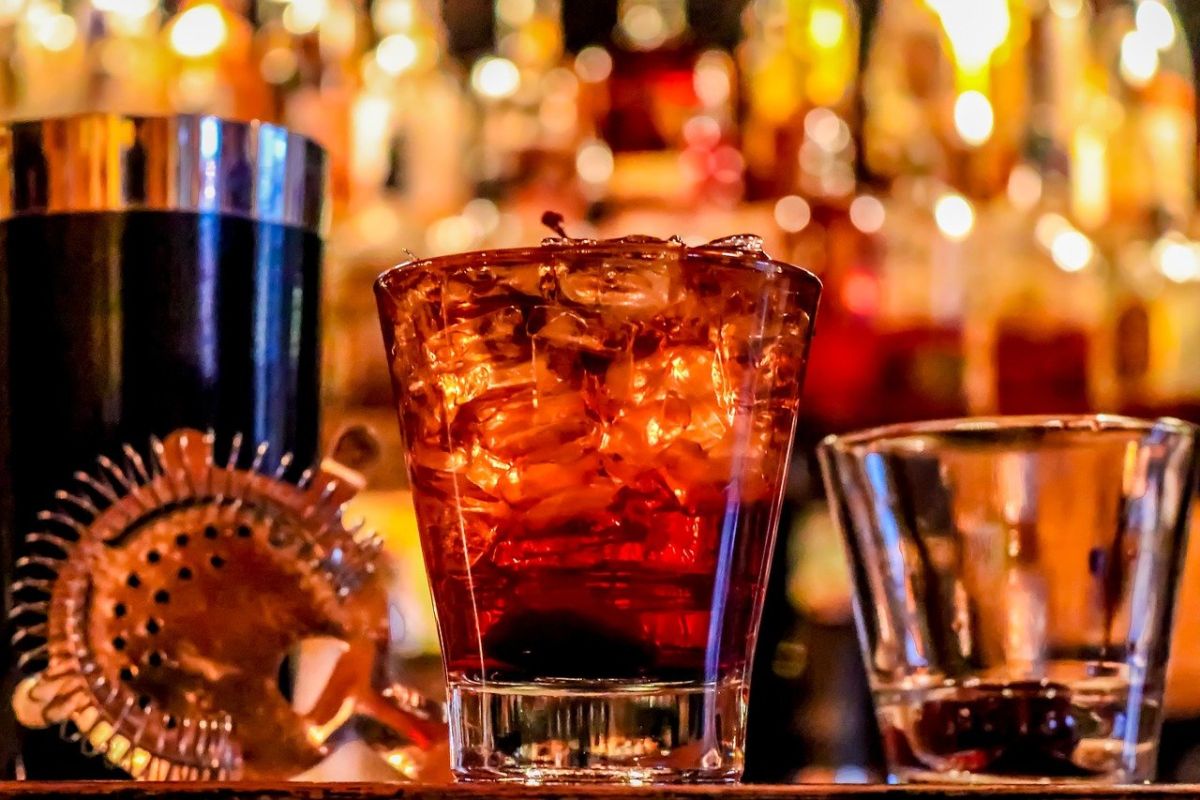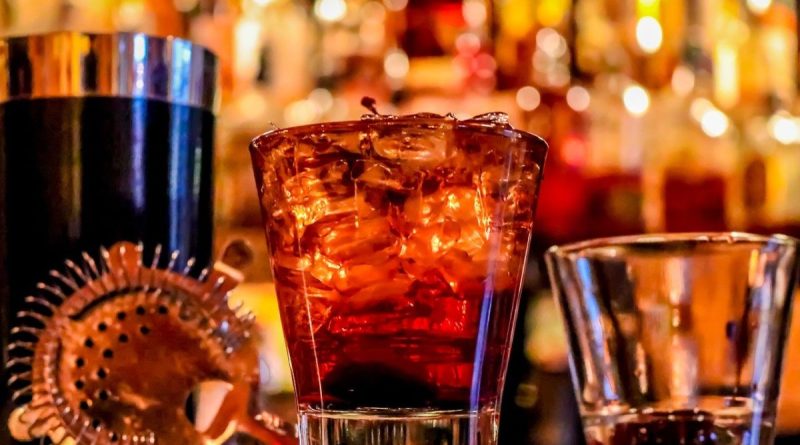How many drinks can an alcohol overdose cause you and what are the effects on your health? The State

The body cannot break down and remove alcohol from the bloodstream as quickly as it is drunk.
Photo:
Social Butterfly / Pixabay
Anyone who consumes too much alcohol in a short time you may be in danger of having a alcohol overdose what can arrive brain damage or death. Reaching an overdose is easier and faster than you might think.
Joint intake of alcohol and other drugs could lead to an overdose even with moderate amounts of alcohol. Also drink alcohol along with analgesics, anti-anxiety and sleep medications they can increase the risk of overdose.
What is an alcohol overdose?
A alcohol overdose occurs when there is too much alcohol in the bloodstream that the brain areas that control the basic functions of vital supportsuch as breathing, heart rate, and temperature control, start to fade, as explained by the National Institute on Alcohol Abuse and Alcoholism.
Drinking a lot of alcohol and fast can lead to an overdose because it is difficult for the body to break down and remove alcohol from the bloodstream as quickly as it is drunk. When the blood alcohol concentration (BAC) reaches high levels, they can occur fainting, unconsciousness, and death.
One drink every hour
Medical News Today explains that the liver can only process a limited amount of alcohol; approximately one standard drink of alcohol every hour. If a person drinks two in 1 hour, there will be an extra drink of alcohol in the bloodstream.
High risk consumption
Mayo Clinic explains that a Binge drinking can lead to intoxication. Binge eating is excessive consumption in which a man consumes five or more drinks in two hours or one woman consumes at least four drinks in that same time. An alcohol binge can occur for several hours or last for several days.
The concentration of alcohol in the blood can keep increasing even when a person stops drinking or is unconscious. This is because alcohol in the stomach and intestine continues to enter the bloodstream and circulates throughout the body.
Critical symptoms of an alcohol overdose
- Mental confusion
- Difficulty staying conscious or inability to wake up
- Vomiting
- Convulsions
- Slow breathing (less than 8 breaths per minute)
- Irregular breathing (10 seconds or more between breaths)
- Slow heart rate
- Clammy skin
- Muted responses, such as no gag reflex (which prevents choking)
- Extremely low body temperature, bluish skin, or paleness
Seek medical attention
Alcohol intoxication is an emergency. At certain signs of an alcohol overdose, medical help should be sought. It can be difficult to decide if someone is intoxicated enough, but it is best to exercise caution. An intoxicated person can lose their life.
Drowning and suffocation
Since alcohol intoxication reduces the nausea reflex, increases risk that a person can choke on vomit if you are passed out.
Accidentally inhaling vomit into the lungs can cause fatal interruption of breathing (suffocation).
To avoid suffocation, if the person is conscious they should sit the intoxicated person on the floor or partially upright. When he is vomiting, help him to lean forward.
If a person is unconscious or lying down, they must turn it to the side with the ear to the ground.
Coffee doesn’t work
Common remedies such as a cold shower, hot coffee, and walking do not reverse the effects of alcohol; they can make the situation worse.
If you drink, do it in moderation
Drink at a slow pace. Do not drink on an empty stomach, food causes alcohol to be absorbed less quickly. Drink water before, during and after drinking.
He moderate consumption It is one drink a day in the case of women and men over 65 years of age; and up to two alcoholic drinks a day for men up to 65 years of age.
You must pay attention to the size of the portions. Standard drink:
- 12 ounces (355 ml) of 5% alcohol beer
- 5 ounces (145 ml) of 12% alcohol wine
- 1.5 ounces (45 ml, or one shot) of hard liquor 40% alcohol
The sizes of alcoholic beverages in a restaurant or bar can be larger than the standard amounts.
It may interest you:
.


